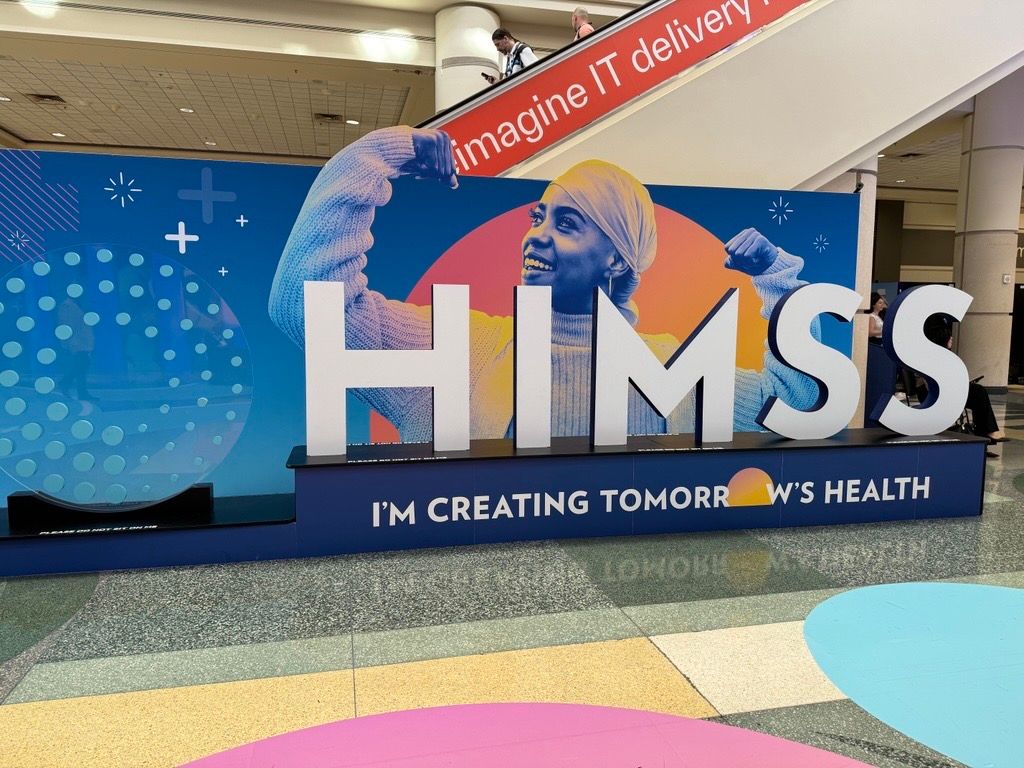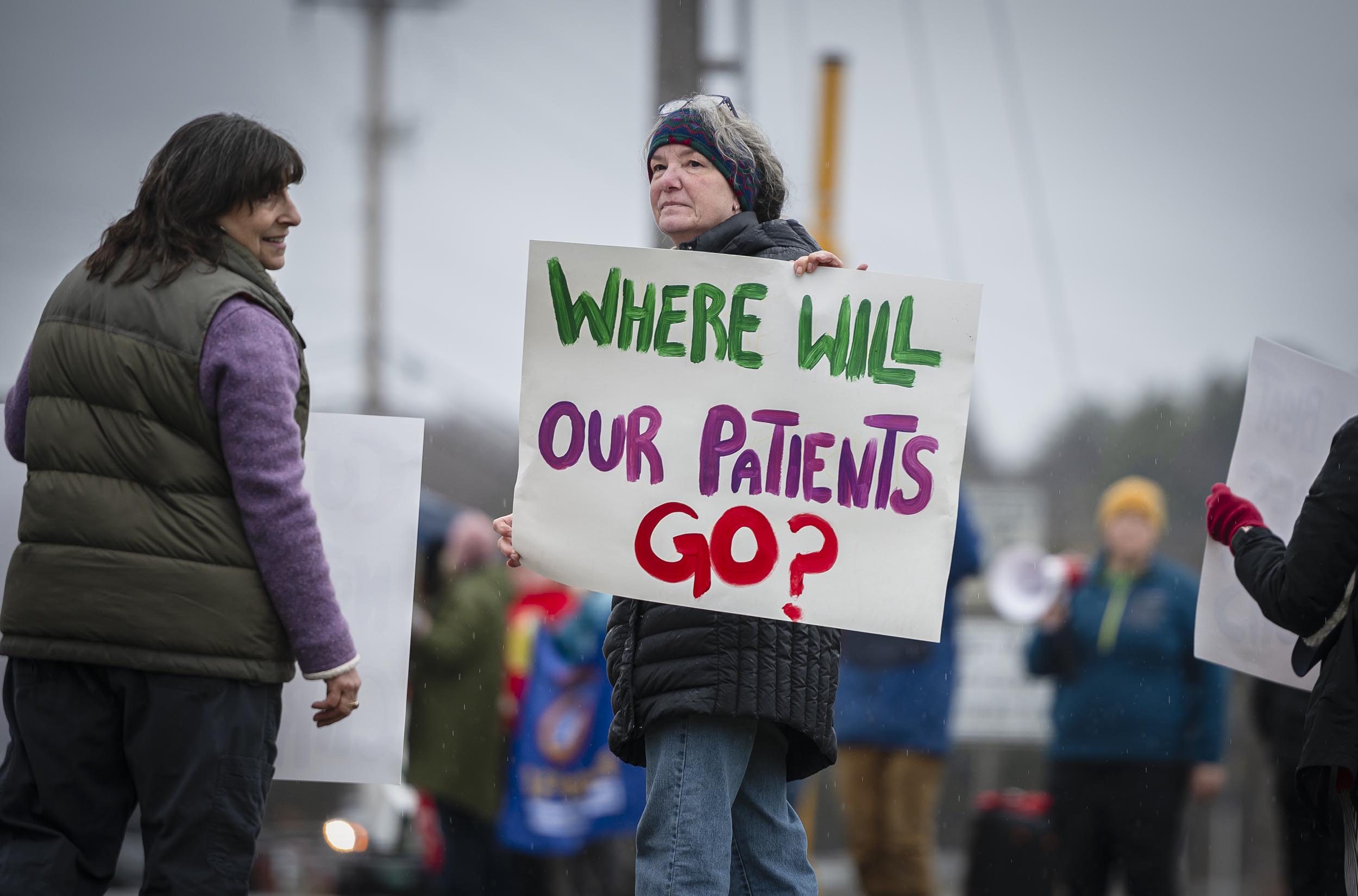Denied Health Coverage? Your Ultimate Battle Plan Revealed

Navigating the maze of health insurance prior authorization denials can be a challenging journey for many patients. A recent KFF poll reveals that nearly half of insured adults who faced a prior authorization denial in the past two years found the appeals process frustratingly complex and difficult.
The survey highlights the significant hurdles patients encounter when challenging their insurance company's initial decision. With almost 50% of individuals describing the appeals process as either somewhat or very challenging, it's clear that the current system can be overwhelming and discouraging for those seeking medical coverage.
KFF Health News, a respected health information nonprofit, shed light on these patient experiences, underscoring the need for more streamlined and patient-friendly insurance appeal mechanisms. The findings serve as a critical reminder of the obstacles many insured individuals face when trying to access the healthcare they need.








